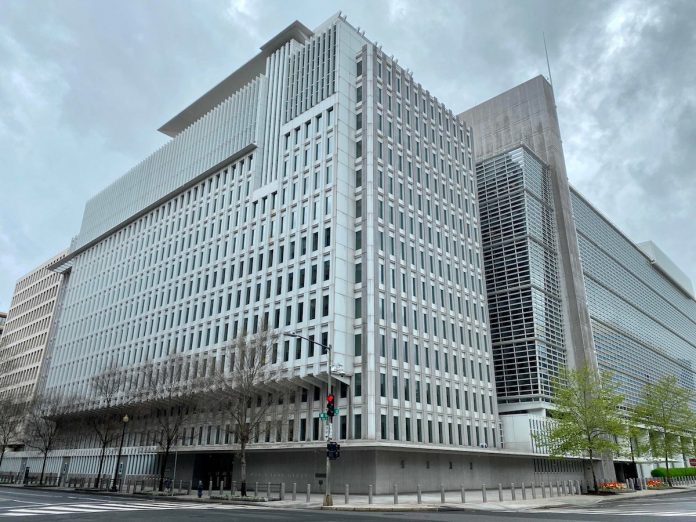The Moroccan economy has demonstrated remarkable resilience and recovery, with real output increasing by 3.4% in 2023, according to the latest World Bank economic report, which forecasts a slowdown in growth to 2.9% this year.
“Despite various obstacles, such as the global economic slowdown, an inflationary shock, and the Al Haouz earthquake, the Moroccan economy has shown resilience and rebounded, with real output increasing by 3.4% in 2023,” stated the international financial institution in a press release published on Thursday.
This report highlights “the importance of productivity in improving economic growth and living standards in a country. This aligns with the New Development Model (NMD) and Morocco’s long-term inclusive development vision,” said Ahmadou Moustapha Ndiaye, World Bank Country Director for the Maghreb and Malta.
“The country has recently made significant progress, including operationalizing the Competition Council, amending the competition law, and concluding a historic antitrust agreement with fuel distributors. To build on these advancements, and as emphasized by the NMD, continuous efforts will be needed, especially to support small and medium-sized enterprises,” added Ndiaye, quoted in the statement.
The main drivers of this acceleration, according to the World Bank, have been the recovery of the tourism sector, export-oriented manufacturing niches, particularly in the automotive and aerospace sectors, and the revival of private consumption.
“Favorable macroeconomic policies, such as public sector expansion strategies and fiscal consolidation, have also contributed to this economic growth,” the report notes.
Morocco has also seen a “substantial increase” in foreign direct investments, offering significant development opportunities, and a reduction in the current account deficit to its lowest level since 2007.
However, the World Bank points out that the Moroccan economy “faces challenges as businesses and households struggle to recover from recent shocks, as evidenced by an increase in business bankruptcies and a loss of 200,000 jobs in rural areas in 2023, despite the economic acceleration.”
Per capita consumption has barely returned to pre-pandemic levels, and a new social assistance program will support the most vulnerable households. The report anticipates that in 2024, economic growth should slow to 2.9% “due to a poor agricultural campaign, but non-agricultural GDP should remain stable.”





